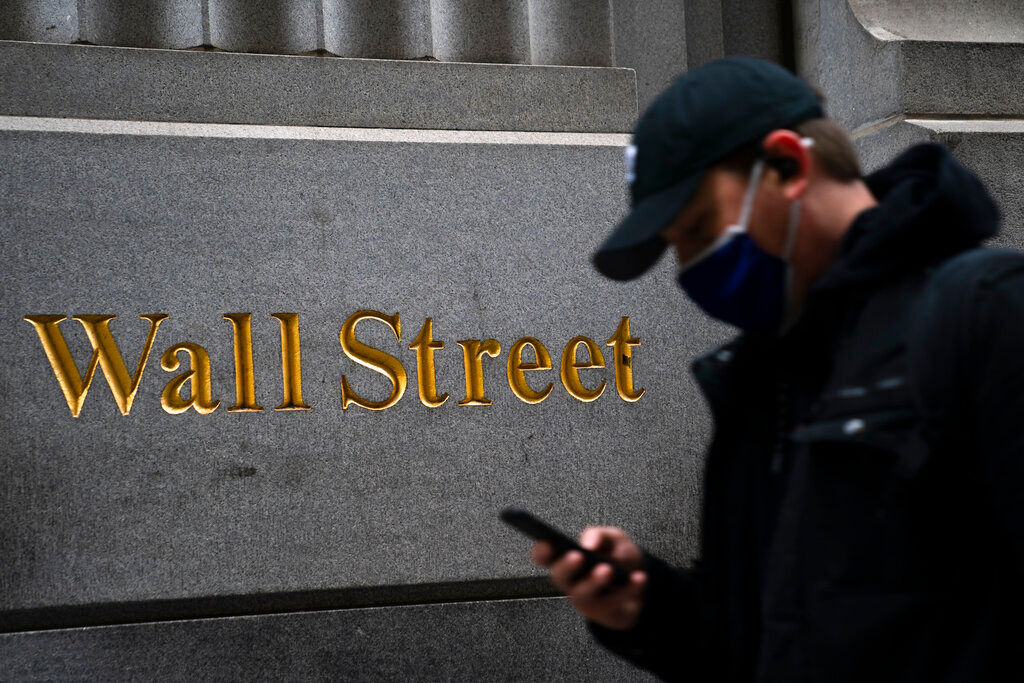Wall Street lurched to the brink of a bear market on Friday as another slump in equities momentarily put the S&P 500 more than 20% below its early-year peak.
Also Read | Trade Setup: Top 15 things to know before market opens on May 23, 2022
The S&P 500 index, which is at the core of most employees’ 401(k) accounts, was down as much as 2.3% for the day before a fierce recovery in the final hour of trading drove it to a 0.1% gain. It closed 18.7% behind its January 3 record. The turbulence concluded a seventh straight down week, the longest such skid since the dot-com bubble burst in 2001.
Also Read| US Stock Market: DJIA, S&P500 and Nasdaq turns green in early trade on Friday
Rising interest rates, soaring inflation, the Ukraine war, and a slowing Chinese economy are all weighing on markets and stoking concerns about a probable US recession. Worries are compounded by the fact that the Federal Reserve, the saviour who has come to Wall Street’s rescue in prior downturns, is less willing to assist as it struggles with the worst inflation in decades.
Also Read| US Premarket: Deere, Boeing, DoorDash and other stocks making biggest moves
The S&P 500 was up 0.57 points at 3,901.36 at the end of the day. The Dow Jones Industrial Average recovered from a 617-point drop to conclude 8.77 points higher, or less than 0.1% higher, at 31,261.90. The Nasdaq composite recovered from a large loss to close 33.88 points, or 0.3%, down at 11,354.62.2001.
Also Read| Economists expect more aggressive rate hikes from RBI after hawkish minutes
Rising interest rates, high inflation, the war in Ukraine, and a slowdown in China’s economy are all punishing stocks and raising fears about a possible U.S. recession. Compounding worries is how the superhero that’s flown to Wall Street’s rescue in the most recent downturns, the Federal Reserve, looks less likely to help as it’s stuck battling the worst inflation in decades.
Also Read| China’s banks slash key interest rates to boost ailing economy
Many big tech stocks, seen as some of the most vulnerable to rising interest rates, have already fallen much more than 20% this year. That includes a 37.2% tumble for Tesla and a 69.1% nosedive for Netflix.
Also Read| India orders all imported coal plants to operate at full capacity
Bond yields fell as recession worries pushed investors into Treasurys and other things seen as safer. The yield on the 10-year Treasury note, which helps set mortgage rates, fell to 2.78% from 2.85% late Thursday. Goldman Sachs economists recently put the probability of a U.S. recession in the next two years at 35%.







